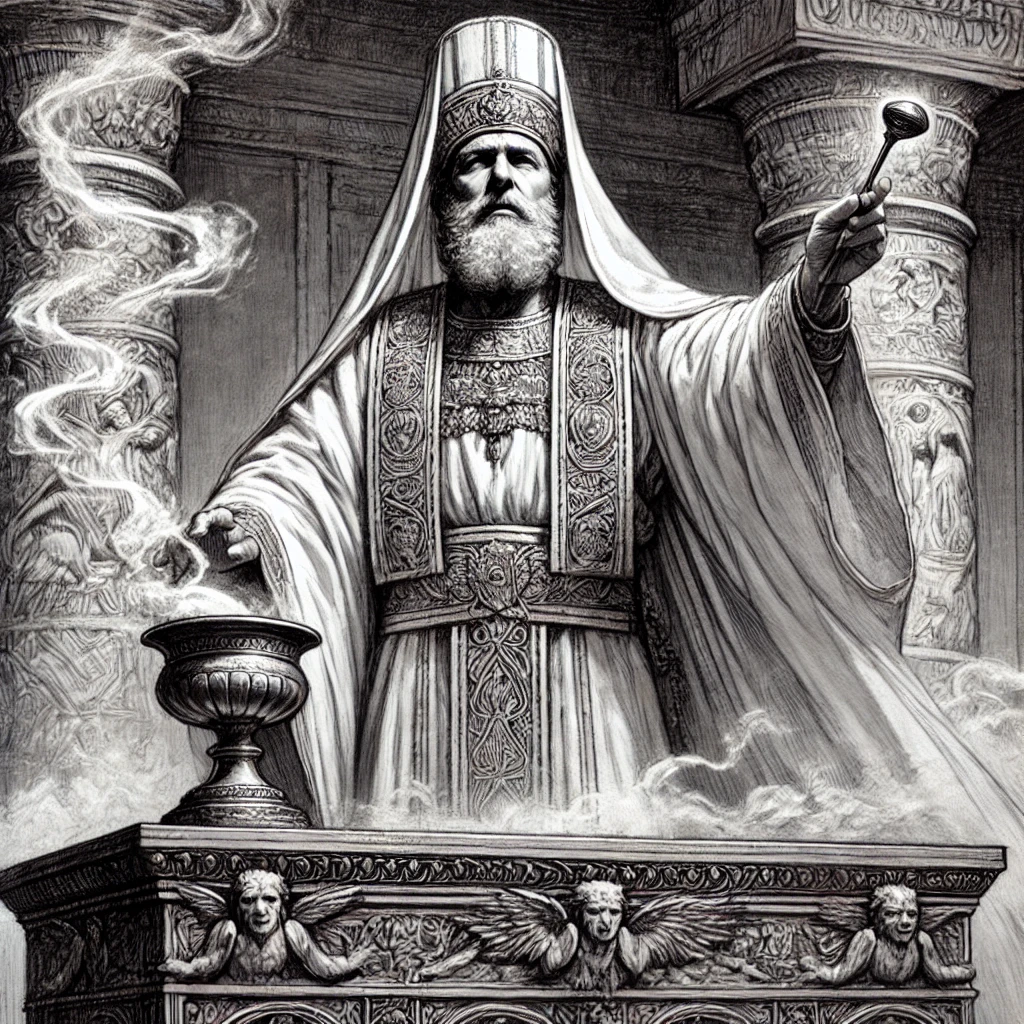To truly understand how forgiveness of sins works and how our Lord Jesus Christ bore our sins, let us reflect on a simple illustration.
In the legal system, if a prisoner who has been sentenced to serve time dies during the course of his sentence, and the death is confirmed by the prison authority and documented by medical reports, then the sentence is considered complete. His case is closed—permanently.
Now, imagine that same prisoner comes back to life after a few days. Legally, he no longer has any charges against him because the punishment he was to serve has already been executed through death. In fact, many courts do not recognize resurrection; they continue to believe the individual is dead based on the official records.
This picture helps us grasp what happened with the Lord Jesus. He willingly took on our guilt and bore our many sins, even though He Himself was sinless. He accepted judgment as if He were the one who had committed our offenses.
As He began to suffer the severe punishment (which, in reality, would have been eternal for us), He died in the middle of it. And according to the law of justice, death brings an end to a sentence. Therefore, when Christ died, the punishment for sin was fulfilled, and He was no longer under its burden—He was free.
“For he who has died is freed from sin.”
– Romans 6:7 (ESV)
The miracle is that Jesus did not stay dead. On the third day, He rose again! Since His sentence had already been fulfilled through death, He came back not as a man burdened by sin and shame, but as one glorified and victorious. That’s why, after the resurrection, we don’t see Him weeping in pain or agony. Instead, we see Him full of glory.
Had Christ not died, He would have remained under the curse and guilt of the sins He carried on our behalf. That would have meant eternal separation from God. But because He died, the judgment was completed.
“Christ redeemed us from the curse of the law by becoming a curse for us—for it is written, ‘Cursed is everyone who is hanged on a tree.’”
– Galatians 3:13 (ESV)
His death brought a final end to the punishment that we ourselves deserved. Now, when we put our faith in Him, we are brought into the flow of forgiveness and righteousness. But if we reject Him, our sins remain upon us. It’s that simple.
So let me ask you: Have you believed in the Lord Jesus?
Have you been baptized in the right way—through full immersion in water and by the Holy Spirit?
If not, what are you waiting for? Can’t you see the high price Jesus paid for you so that you may be forgiven and set free?
Receive Jesus today. Don’t wait for tomorrow.
Maranatha – the Lord is coming!
Please share this good news with others!
If you would like help in receiving Jesus into your life—completely free—feel free to contact us using the numbers listed below this article.









